The Friends of Biosphere Expeditions are people who feel passionate about providing continuous support to our critical wildlife conservation and research projects across the globe. By joining the Friends you can play a vital part in making a real difference to the survival of our planet’s endangered species and take part in international volunteer opportunities.
If you can't take part in a full-blown expedition yet, or if you have already been with us and would like to stay involved, or if you would simply like to be part of what we are doing, then become a Friend of Biosphere Expeditions today!
Help us to support critical wildlife conservation and research projects across the globe from a monthly membership fee starting at €10 | £10 | US$12 | AU$15. Depending on your country of residence, your membership fee may be tax-deductible (for example membership fees to our US 501(c)(3) charity, or our German e.V. charity, where we can issue tax-deductible receipts or German "Spendenbescheinigungen".
To join the Friends, just fill in the form below



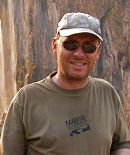






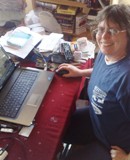

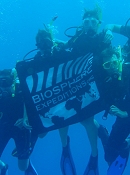


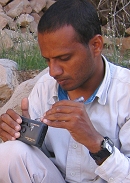
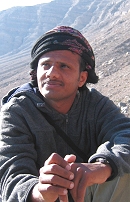

 Example of a financial report
Example of a financial report